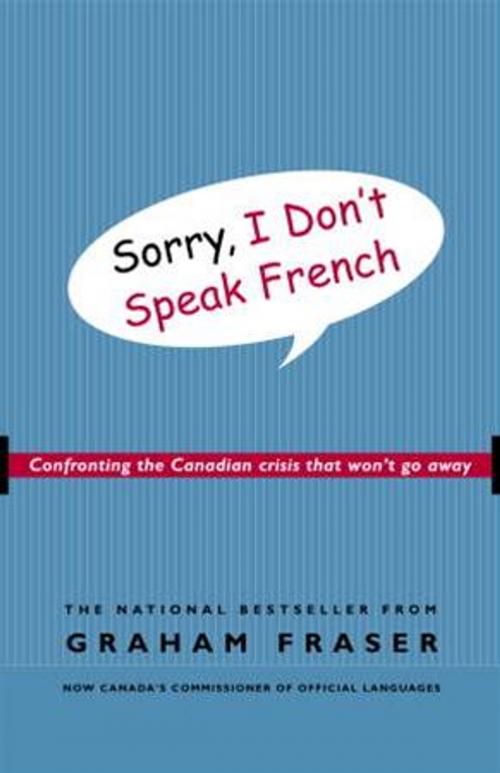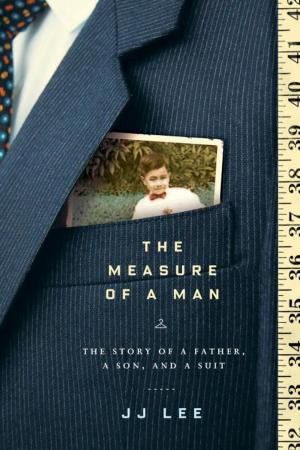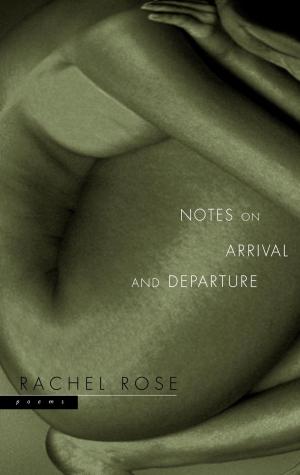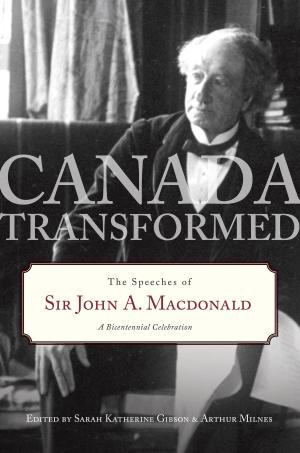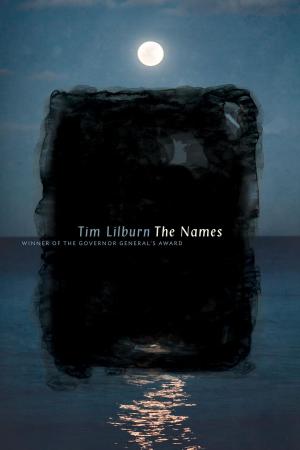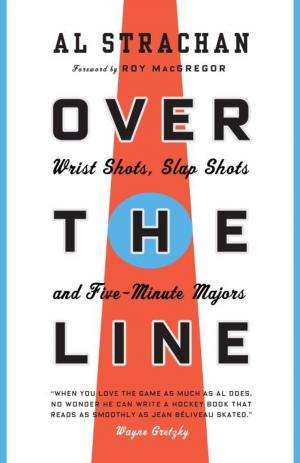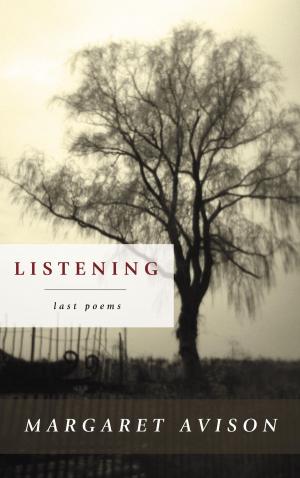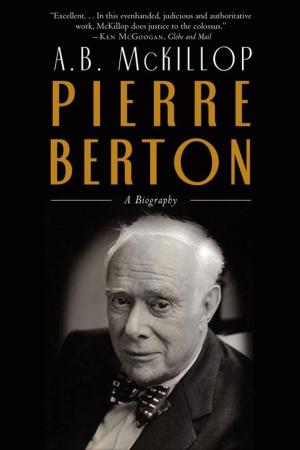Sorry, I Don't Speak French
Confronting the Canadian Crisis That Won't Go Away
Nonfiction, History, Americas, Canada| Author: | Graham Fraser | ISBN: | 9781551992181 |
| Publisher: | McClelland & Stewart | Publication: | February 24, 2009 |
| Imprint: | Douglas Gibson Books | Language: | English |
| Author: | Graham Fraser |
| ISBN: | 9781551992181 |
| Publisher: | McClelland & Stewart |
| Publication: | February 24, 2009 |
| Imprint: | Douglas Gibson Books |
| Language: | English |
As the threat of another Quebec referendum on independence looms, this book becomes important for every Canadian — especially as language remains both a barrier and a bridge in our divided country
Canada’s language policy is the only connection between two largely unilingual societies — English-speaking Canada and French-speaking Quebec. The country’s success in staying together depends on making it work.
How well is it working? Graham Fraser, an English-speaking Canadian who became bilingual, decided to take a clear-eyed look at the situation. The results are startling — a blend of good news and bad. The Official Languages Act was passed with the support of every party in the House way back in 1969 — yet Canada’s language policy is still a controversial, red-hot topic; jobs, ideals, and ultimately the country are at stake. And the myth that the whole thing was always a plot to get francophones top jobs continues to live.
Graham Fraser looks at the intentions, the hopes, the fears, the record, the myths, and the unexpected reality of a country that is still grappling with the language challenge that has shaped its history. He finds a paradox: after letting Quebec lawyers run the country for three decades, Canadians keep hoping the next generation will be bilingual — but forty years after learning that the country faced a language crisis, Canada’s universities still treat French as a foreign language. He describes the impact of language on politics and government (not to mention social life in Montreal and Ottawa) in a hard-hitting book that will be discussed everywhere, including the headlines in both languages.
As the threat of another Quebec referendum on independence looms, this book becomes important for every Canadian — especially as language remains both a barrier and a bridge in our divided country
Canada’s language policy is the only connection between two largely unilingual societies — English-speaking Canada and French-speaking Quebec. The country’s success in staying together depends on making it work.
How well is it working? Graham Fraser, an English-speaking Canadian who became bilingual, decided to take a clear-eyed look at the situation. The results are startling — a blend of good news and bad. The Official Languages Act was passed with the support of every party in the House way back in 1969 — yet Canada’s language policy is still a controversial, red-hot topic; jobs, ideals, and ultimately the country are at stake. And the myth that the whole thing was always a plot to get francophones top jobs continues to live.
Graham Fraser looks at the intentions, the hopes, the fears, the record, the myths, and the unexpected reality of a country that is still grappling with the language challenge that has shaped its history. He finds a paradox: after letting Quebec lawyers run the country for three decades, Canadians keep hoping the next generation will be bilingual — but forty years after learning that the country faced a language crisis, Canada’s universities still treat French as a foreign language. He describes the impact of language on politics and government (not to mention social life in Montreal and Ottawa) in a hard-hitting book that will be discussed everywhere, including the headlines in both languages.
